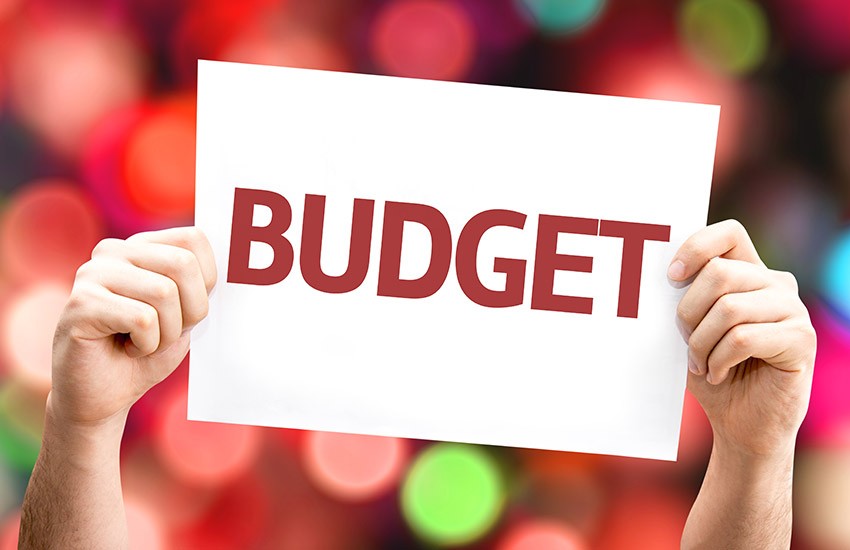The big headlines from the May 2015 budget were the changes to small business depreciation rules and tax rates. So what exactly is a small business? Are you eligible to take advantage of the changes?
What is a small business?
A business can come in many different shapes, sizes, structures and purposes; they can be operated through a company, a trust, a partnership, or by an individual as a sole trader.
When considering whether an activity can be classified as a business, the defining factor to be considered is whether or not it meets the commerciality test – that is, is the activity being done on a sufficiently large enough scale, or in a professional manner to constitute a business ? If an activity is being undertaken as a hobby, and the profits being made are therefore low or not existent, the business would not be required to lodge a tax return, and therefore these tax concessions would not be applicable.
We have many clients that are sole traders. Sole traders are required to register for an Australian Business Number (“ABN”). They operate by themselves, are entitled to keep all profits after tax has been paid, but are also liable for all losses incurred. It is important to note that sole traders are classified as a small business, and can therefore access the May budget tax concessions.
According to the legislation, your business will be classified as a small business if its “aggregated turnover is less than $2 million. Aggregated turnover is the sum of your gross income or proceeds (rather than your net profit) for an income year. It includes the annual turnover of any entity you are connected with or that is an affiliate of yours at any time during that income year. It doesn’t include any goods and services tax (GST) amounts you have charged on your sales”.
What are the New Small Business Concessions?
Now that we’ve established that you fit the legal definition of a small business (or not), let’s talk about the changes!
The first small business concession update that was successfully passed through Parliament was the immediate deduction for all individual assets costing less than $20,000. Previously, an asset that cost more than $1,000 was required to be depreciated over its useful life – that is you were able to claim a deduction for a proportion of its cost over several years. A deduction of $20,000 will mean you save $20,000 x ‘your tax rate (%)’, when it comes to lodging your tax return.
The second proposed change is a discount to the tax rate itself – small corporations (that is, a business operating from a company, with an annual turnover of less than $2 million) will have their tax rate cut to 28.5%, rather than the previous 30% for all other companies. Small businesses that are unincorporated (for example sole traders) will benefit from a 5 per cent tax discount, up to a maximum benefit of $1,000 per year.
The government also aims to introduce a fringe benefits tax advantage for small business from April 2016 – if passed, it will mean that portable electronic devices provided to employees primarily for work purposes are fringe benefits tax free.
Other changes likely to pass include an immediate deduction for professional expenses associated with the start-up of a small business from the 2015/16 tax year. And from the start of the 2016/17 income year, capital gains tax relief is to be available to small businesses for a CGT liability arising from the alteration of its legal structure.
